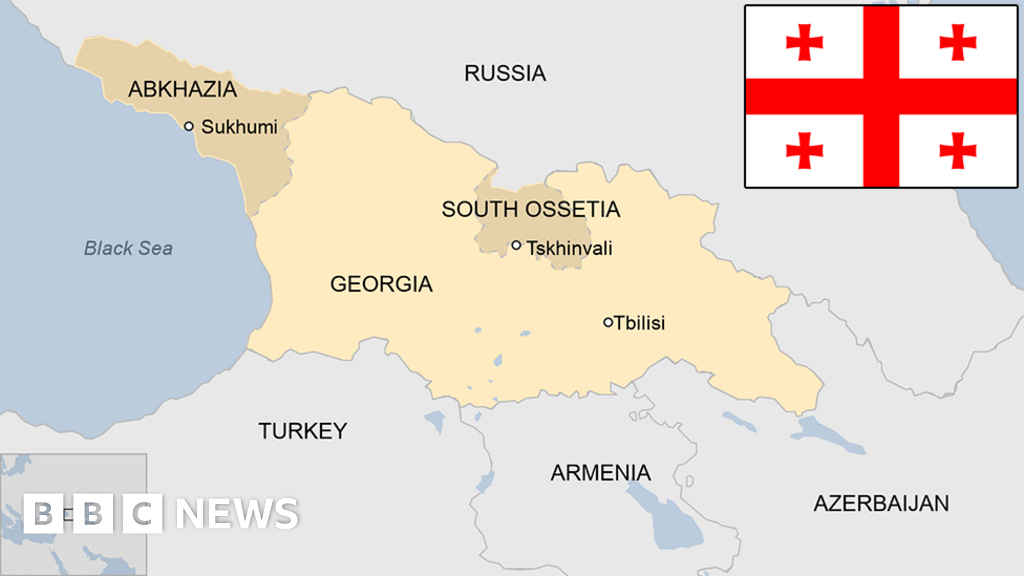Georgia – Before it became a state in 1788, Georgia was known as a British colony. Its name, “Georgia,” honored King George II, the reigning monarch of Great Britain when it was founded in 1732.
Georgia’s Origins
The Georgia colony was established by James Oglethorpe, a British philanthropist and social reformer.
Oglethorpe’s vision was to create a haven for debtors and the working poor, offering them a chance to start anew.
This philanthropic goal set Georgia apart from other colonies, which were mainly founded for economic or religious reasons.
A Strategic Buffer
Georgia wasn’t just a sanctuary for those in need; it also played a strategic role for the British Empire.
Positioned between the British colonies to the north and Spanish Florida to the south, Georgia served as a buffer zone in the ongoing power struggles between European empires in North America.
The Trustee Period
Initially, Georgia was governed by a board of trustees who were responsible for the colony’s development. During this period, there were strict rules, including bans on slavery and limits on land ownership.
However, these regulations proved difficult to maintain and were eventually relaxed.
Becoming a Royal Colony
In 1752, Georgia shifted from a trustee-managed colony to a royal colony under the direct control of the British Crown.
According to the source, this change marked a significant shift as Georgia became more integrated into the broader British Empire.
Path to Statehood
Georgia’s path to statehood included key events such as its role in the American Revolution.
After the war, Georgia ratified the U.S. Constitution in 1788, making it the fourth state to join the Union.
Read more news:
- Biden Campaign Mobilizes Across Georgia Ahead of Debate Clash
- Kristi Noem Denies Formal Vetting for Trump’s VP, Focuses on Winning Strategy
Today, the name “Georgia” remains a nod to its British origins, but the state has grown into a unique and vibrant place with a rich cultural heritage.
Its history reflects the enduring legacy of James Oglethorpe’s vision and the resilience of its people.

